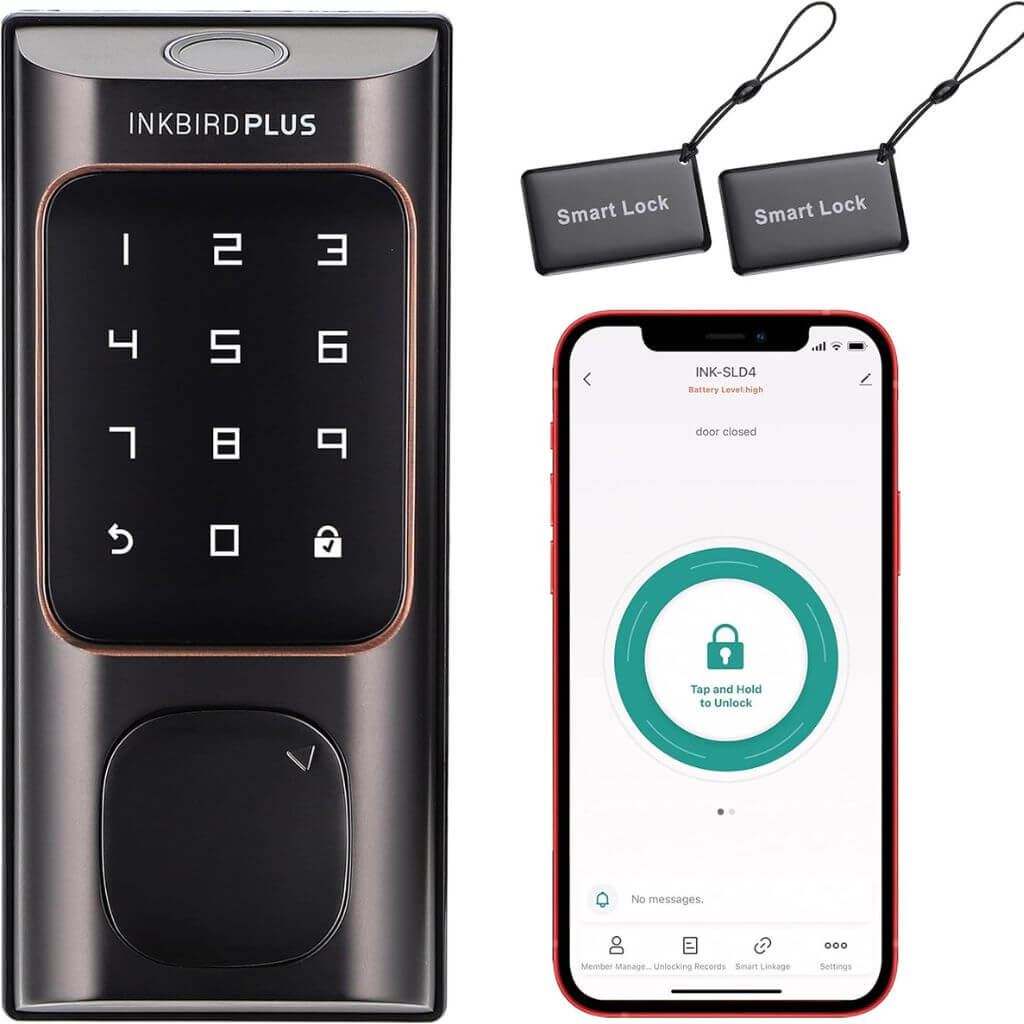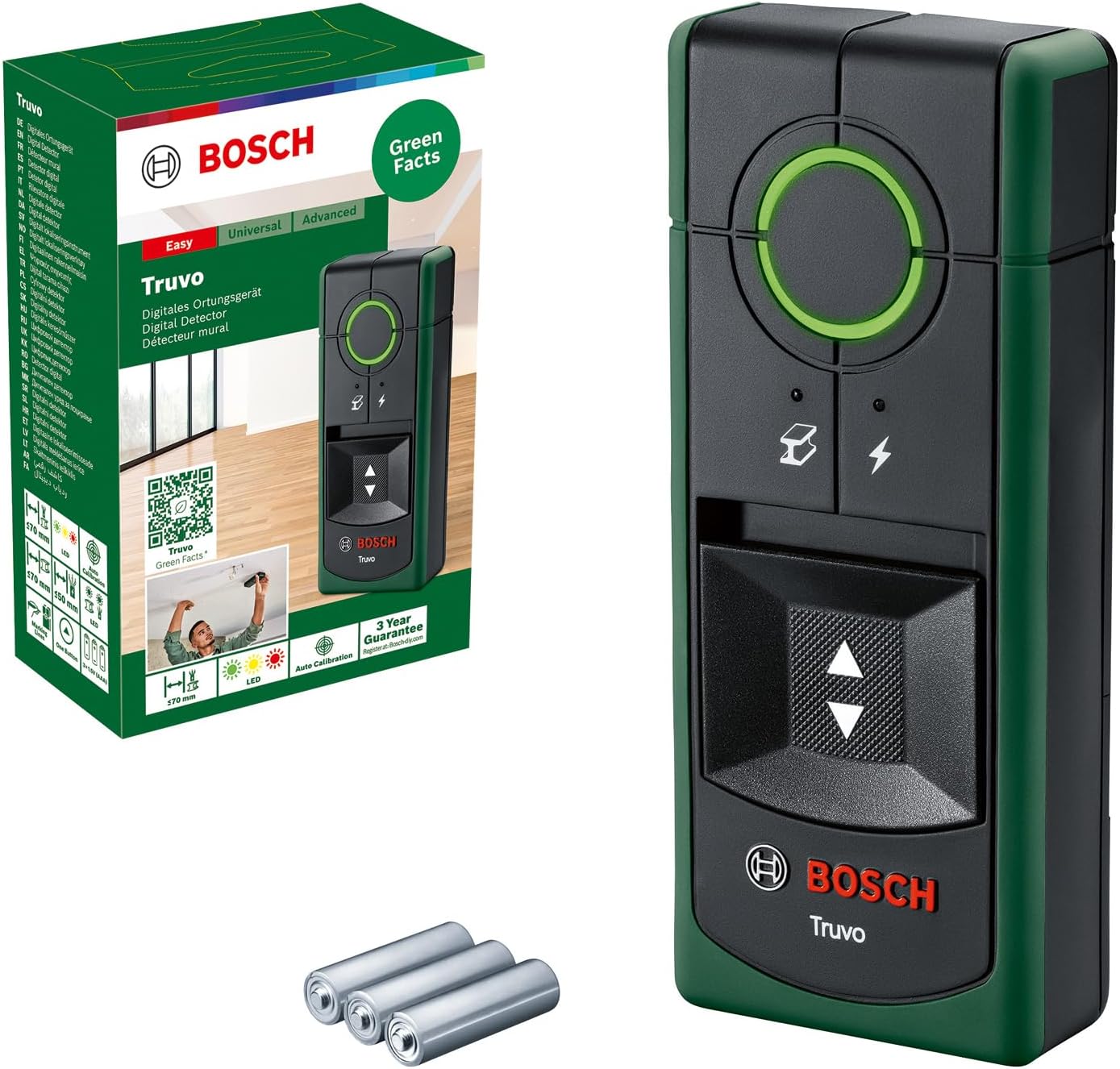
Imagine never having to fumble for your keys again when entering your home. With the rapid advancements in technology, there are now two popular options available to revolutionize the way you secure your front door – Wifi and Bluetooth door locks. While both offer convenience and enhanced security, they do differ in terms of functionality and ease of use. In this article, we will explore the differences between Wifi and Bluetooth door locks, helping you make an informed decision on which one is the best fit for you and your home. So say goodbye to lost keys and say hello to a future where accessing your home is as easy as a tap on your smartphone.
Security Features
Encryption
When it comes to security, both Wi-Fi and Bluetooth door locks offer encryption features to protect your home and ensure that only authorized users can gain access. Wi-Fi door locks typically use advanced encryption algorithms such as WPA2 or WPA3, which are industry-standard protocols that provide a high level of security. These encryption standards make it significantly harder for hackers to intercept and decode the communication between your smartphone and the door lock.
Bluetooth door locks, on the other hand, utilize Bluetooth Low Energy (BLE) technology, which also incorporates encryption protocols to secure the data transmitted between the lock and your smartphone. While Bluetooth encryption may not be as robust as Wi-Fi encryption standards, it still provides a sufficient level of security for most residential applications.
Authentication | Bluetooth Door Lock
Both Wi-Fi and Bluetooth door locks offer authentication methods to ensure that only authorized individuals can unlock the door. Wi-Fi door locks often support multiple authentication options, including traditional key codes, RFID cards, fingerprints, or even facial recognition. This versatility allows homeowners to choose the authentication method that suits their needs and preferences.
Bluetooth door locks generally rely on smartphone authentication, meaning you can use your smartphone as a digital key to unlock the door. This offers a convenient and secure alternative to traditional keys, as your smartphone is typically password-protected and less prone to being lost or stolen.
Ease of Installation
Wi-Fi Door Lock Installation
Installing a Wi-Fi door lock can be relatively simple, especially if you have prior experience with setting up Wi-Fi-enabled devices. Most Wi-Fi door locks come with detailed instructions and are designed for DIY installation. Typically, you would need to connect the lock to your home Wi-Fi network and download the corresponding mobile app to your smartphone. The app will guide you through the configuration process and allow you to control the lock remotely.
Bluetooth Door Lock Installation
Bluetooth door locks are generally easier to install compared to Wi-Fi door locks because they do not require a complex network setup. Instead, you’ll need to pair the lock with your smartphone using the Bluetooth connection. This can usually be done by following the manufacturer’s instructions and using the dedicated mobile app. Once paired, you’ll be able to control the lock and manage access from your smartphone.
Range and Coverage
Wi-Fi Range and Coverage
The range and coverage of Wi-Fi door locks depend on your home’s Wi-Fi network. Generally, if you have a strong and reliable Wi-Fi signal throughout your house, you should be able to control the lock from any location within range of your network. However, if you have dead spots or weak Wi-Fi signal areas in your home, you may experience limitations in terms of remote access and control.
Bluetooth Range and Coverage
Bluetooth door locks have a more limited range compared to Wi-Fi locks. Bluetooth technology typically operates within a range of 30 to 100 feet, depending on various factors such as the number of walls and interference. This means that you need to be physically close to the lock for it to connect and communicate with your smartphone. While this range limitation may be a drawback for some users, it also adds an extra layer of security as potential hackers would need to be in close proximity to the lock to attempt unauthorized access.
Power Consumption
Wi-Fi Power Consumption
Wi-Fi door locks require a constant internet connection to function, which can lead to higher power consumption compared to Bluetooth locks. While advancements in technology have made Wi-Fi door locks more efficient, they still consume more power due to the continuous data transmission and Wi-Fi connectivity. However, most Wi-Fi door locks are designed to be energy-efficient and can operate for extended periods on standard AA or AAA batteries.
Bluetooth Power Consumption
Bluetooth door locks are known for their energy-efficient operation. Since Bluetooth technology operates on low energy, these locks consume significantly less power compared to Wi-Fi locks. This means that Bluetooth locks can usually operate for a longer time on the same set of batteries. If energy efficiency is a major concern for you, a Bluetooth door lock may be the better option.
Connectivity Options
Wi-Fi Connectivity Options
Wi-Fi door locks offer a wide range of connectivity options, as they rely on the same Wi-Fi network that connects your devices and appliances. This allows for seamless integration with other smart home devices and systems. Wi-Fi door locks can often be controlled not only via smartphone apps but also through voice assistants like Amazon Alexa or Google Assistant. Additionally, some Wi-Fi door lock manufacturers provide web-based portals that allow you to access and manage your lock’s settings from anywhere with an internet connection.
Bluetooth Connectivity Options
Bluetooth door locks primarily connect to your smartphone via Bluetooth technology. While this limits the connectivity options compared to Wi-Fi locks, it still allows for convenient control and management from your smartphone. Bluetooth door locks can typically be paired with a single phone, providing a more personal and individualized user experience.
Compatibility
Wi-Fi Compatibility
Wi-Fi door locks are generally compatible with most Wi-Fi routers and networks. They utilize standard Wi-Fi protocols and encryption methods, ensuring broad compatibility across different devices and manufacturers. However, it is always recommended to check the compatibility requirements of a specific lock with your home’s Wi-Fi network before purchasing.
Bluetooth Compatibility
Bluetooth door locks require a smartphone with built-in Bluetooth capabilities for effective operation. Most modern smartphones have Bluetooth functionality, so compatibility is usually not a significant concern. However, it is essential to ensure that your smartphone meets the minimum requirements specified by the lock’s manufacturer to ensure proper functionality.
Remote Access
Wi-Fi Remote Access
One of the significant advantages of Wi-Fi door locks is the ability to control and monitor them remotely. With a Wi-Fi door lock, you can use your smartphone or any internet-connected device to lock or unlock your door, even if you are not at home. This remote access feature offers convenience and peace of mind, as you can grant access to family members, friends, or service providers when you are away.
Bluetooth Remote Access
Bluetooth door locks do not provide the same level of remote access as Wi-Fi locks. Since Bluetooth connectivity is limited to a specific range, you must physically be in proximity to the lock to access its features. However, some Bluetooth locks offer temporary guest access codes that can be shared with others, allowing limited remote access capabilities.
Reliability
Wi-Fi Reliability
The reliability of Wi-Fi door locks depends on the stability and strength of your home’s Wi-Fi network. If your Wi-Fi network experiences frequent disruptions or dead spots, the functionality and reliability of the door lock may be affected. However, properly configured and reliable Wi-Fi networks usually provide a consistent and reliable connection, ensuring that you can access and control your door lock seamlessly.
Bluetooth Reliability
Bluetooth door locks offer a generally reliable connection, as Bluetooth technology is known for its stability. However, occasional interference from other Bluetooth devices or physical obstacles such as walls and furniture can affect the reliability of the connection. It is crucial to position your smartphone within range of the lock and ensure that there are no significant obstructions between the two devices to maintain a reliable Bluetooth connection.
Cost
Wi-Fi Door Lock Cost
Wi-Fi door locks generally have a higher upfront cost compared to Bluetooth locks. This is primarily due to the additional features, connectivity options, and integration capabilities that Wi-Fi locks offer. However, the cost of Wi-Fi locks can vary depending on the brand, model, and included features. It is essential to consider your specific requirements and budget when choosing a Wi-Fi door lock.
Bluetooth Door Lock Cost
Bluetooth door locks are typically more affordable compared to their Wi-Fi counterparts. The lower cost is mainly due to the simplified connectivity options and fewer integrated features. Bluetooth locks are often a popular choice for those looking for a more budget-friendly option without compromising on security and convenience.
Integration and Automation
Smart Home Integration
Wi-Fi door locks excel in terms of integration capabilities with other smart home devices. They can be seamlessly integrated into existing smart home ecosystems or function as standalone smart devices. With Wi-Fi connectivity, you can synchronize your door lock with other smart devices such as security cameras, thermostats, or lighting systems. This integration allows for automated actions, such as automatically locking the door when you leave the house or turning on the lights when the door is unlocked.
Automation Features
Bluetooth door locks may offer limited integration options compared to Wi-Fi locks but still provide automation features that enhance convenience. You can program your lock to automatically lock or unlock when your smartphone comes within range or at specific times of the day. This automation eliminates the need for manual operation and ensures that your door is secure without any effort on your part.
In conclusion, both Wi-Fi and Bluetooth door locks offer unique features and benefits. The choice between the two depends on your specific needs, preferences, and budget. Wi-Fi locks provide extensive connectivity, remote access, and integration capabilities but consume more power. Bluetooth locks, on the other hand, offer simplicity, energy efficiency, and reliable operation within a limited range. Consider the factors mentioned in each section to make an informed decision and enhance the security and convenience of your home.













